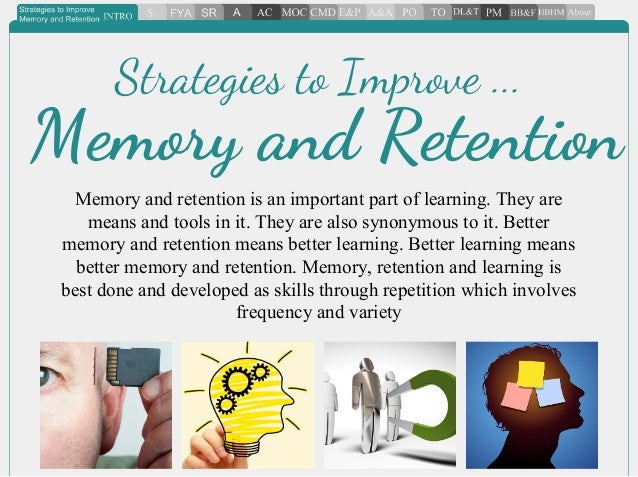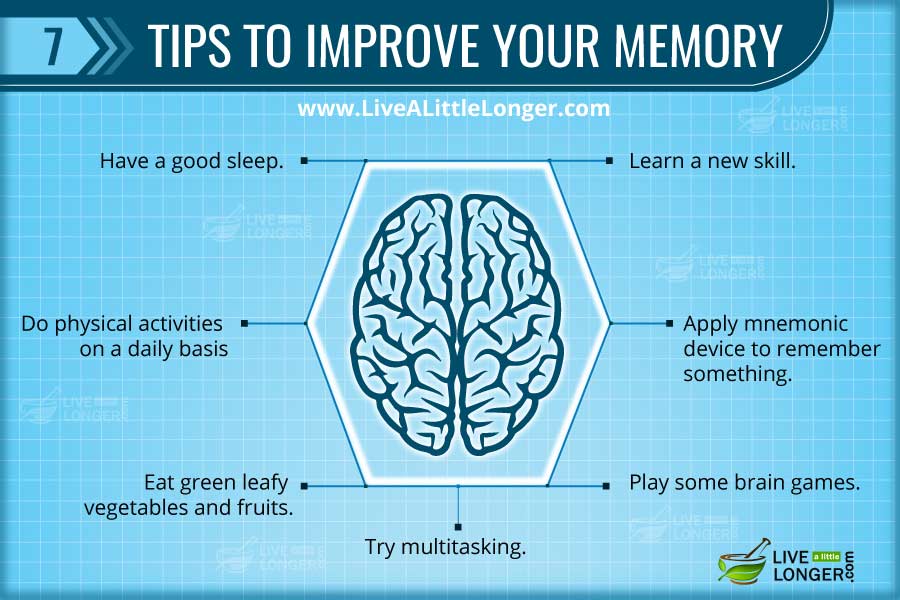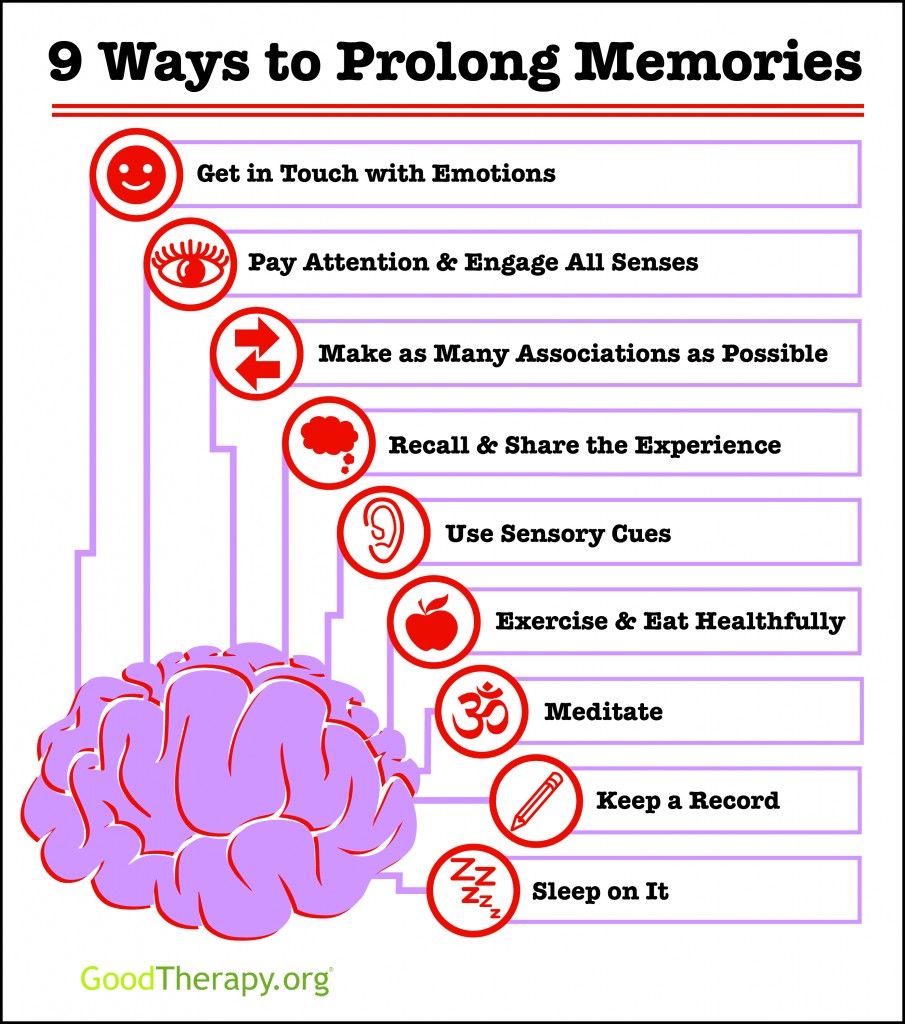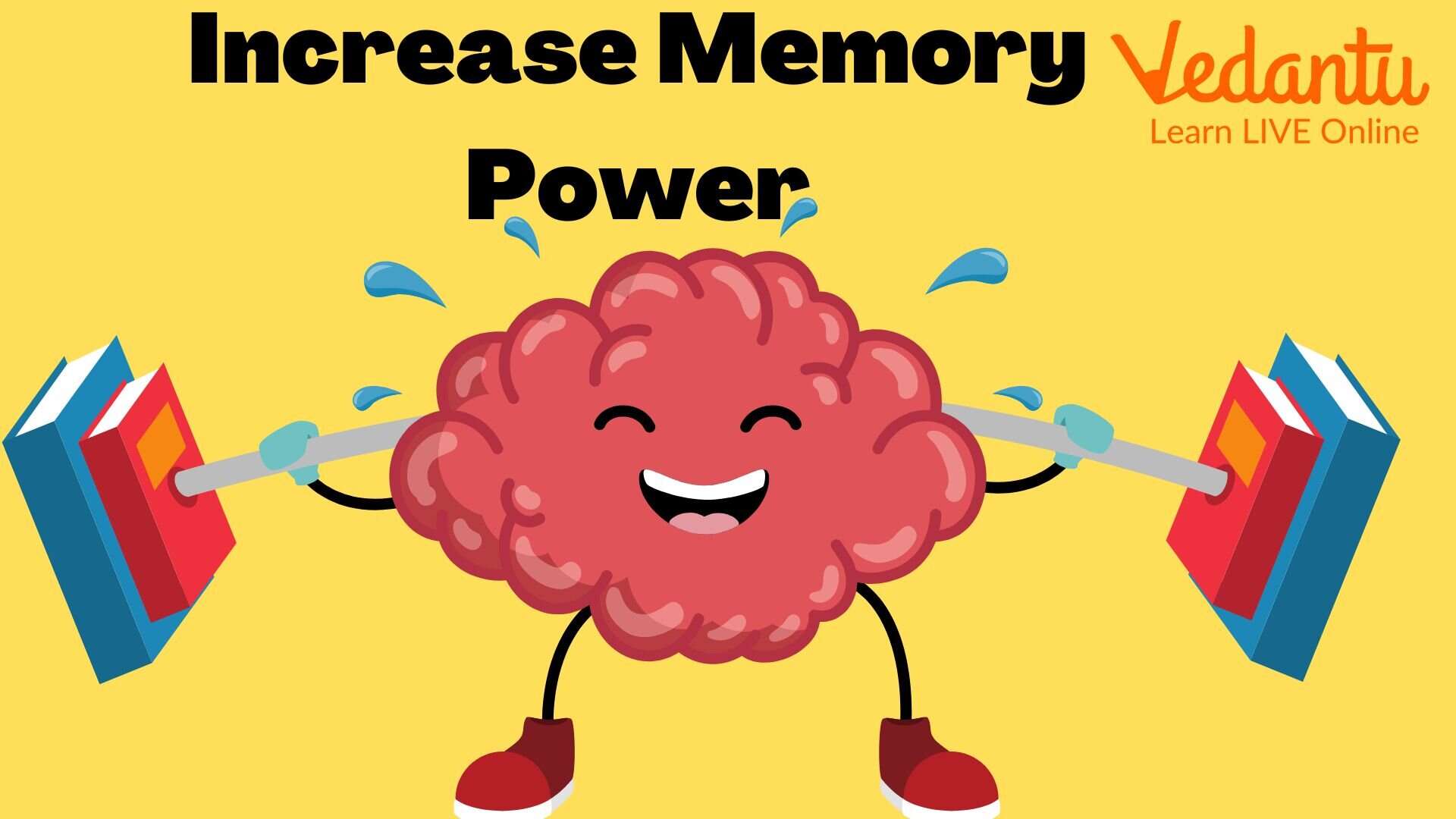How To Improve Your Memory Retention
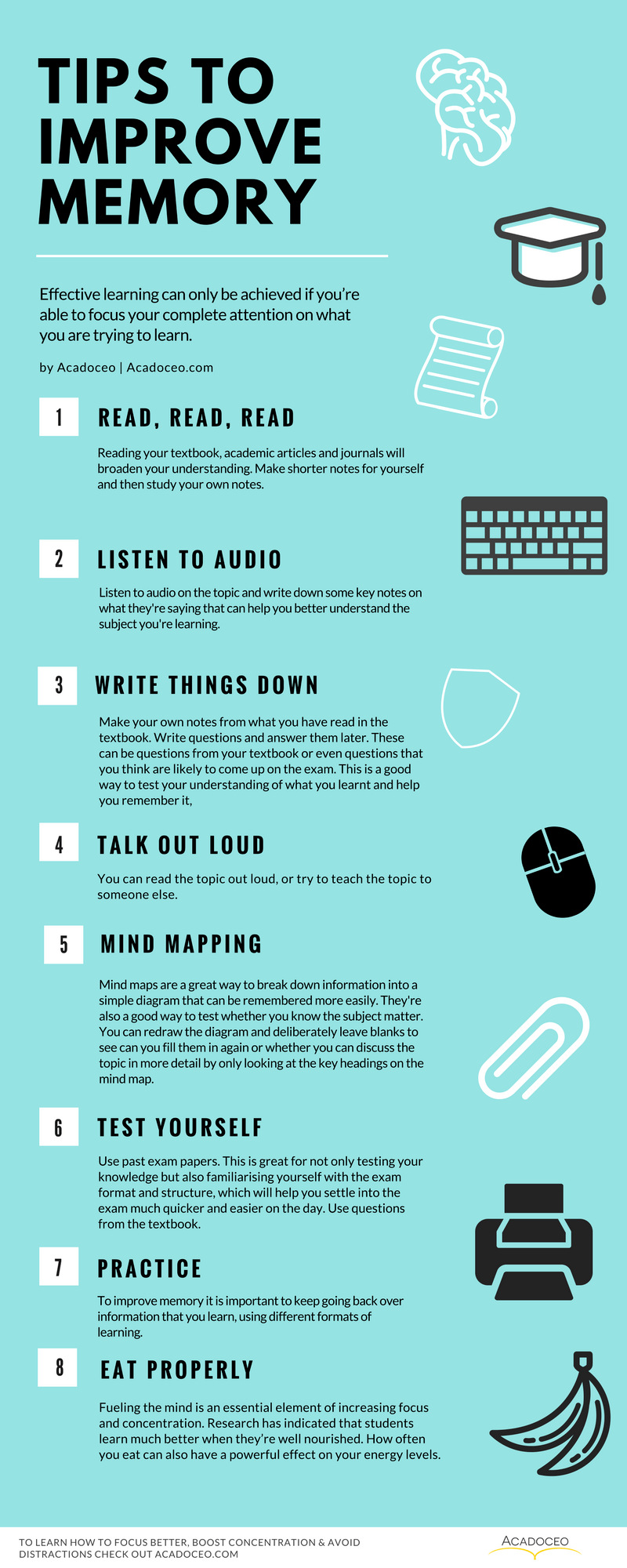
Imagine walking into a room and instantly forgetting why you're there. Or struggling to recall a name moments after being introduced. We've all been there, a frustrating dance with our own memories, a feeling of information slipping through our fingers like grains of sand. But what if you could hold onto those grains, build stronger mental pathways, and unlock a more reliable memory?
This article explores practical, science-backed strategies for improving memory retention. We'll delve into techniques that can transform how you learn, remember, and recall information, empowering you to take control of your cognitive abilities.
Understanding the Foundation of Memory
Our memories aren't stored in one single location within the brain. Instead, they are distributed across various regions, each playing a crucial role in the memory process.
The hippocampus, often referred to as the brain's "memory center," is vital for forming new long-term memories. The amygdala processes emotional memories, imbuing them with greater strength and recall. The prefrontal cortex is involved in working memory and higher-level cognitive functions.
The Power of Active Recall
One of the most effective techniques for strengthening memory is active recall. Instead of passively rereading notes or textbook chapters, actively try to retrieve the information from your mind.
This can be done through self-testing, flashcards, or even simply pausing after reading a section and summarizing it aloud. The effort of retrieving the information strengthens the neural pathways associated with that memory.
"The more effort you put into retrieving information, the stronger the memory trace becomes," explains Dr. Sarah Miller, a cognitive neuroscientist at the University of California, Berkeley.
Spaced Repetition: The Key to Long-Term Retention
Spaced repetition involves reviewing information at increasing intervals over time. This technique leverages the "forgetting curve," the natural decline in memory retention that occurs after learning something new.
By revisiting the material just before you're about to forget it, you reinforce the memory and push the forgetting curve further into the future. Apps like Anki and Memrise utilize spaced repetition algorithms to optimize your learning schedule.
Making Connections: Elaboration and Association
Our brains are wired to remember things that are meaningful and connected to existing knowledge. Elaboration involves adding details and context to new information, making it more memorable.
Association links new information to things you already know. Create mental images, tell stories, or relate the new information to your own experiences. The more connections you make, the easier it will be to retrieve the information later.
The Importance of Sleep and Stress Management
Sleep is essential for memory consolidation. During sleep, the brain replays and strengthens the memories formed during the day.
Chronic stress can impair memory function by interfering with the activity of the hippocampus. Managing stress through techniques like meditation, exercise, and spending time in nature can significantly improve memory retention.
Lifestyle Factors: Fueling Your Brain
Certain lifestyle choices can have a profound impact on cognitive health and memory function. A healthy diet rich in fruits, vegetables, and omega-3 fatty acids provides the brain with the nutrients it needs to thrive.
Regular exercise increases blood flow to the brain, which can improve memory and cognitive function. Staying mentally active through activities like reading, puzzles, and learning new skills can also help keep your brain sharp.
Improving memory isn't about possessing some innate gift, it's about understanding how our brains work and employing effective strategies. By embracing active recall, spaced repetition, and connecting new information to existing knowledge, we can all unlock our memory's full potential. It’s a journey of continual learning and refinement.


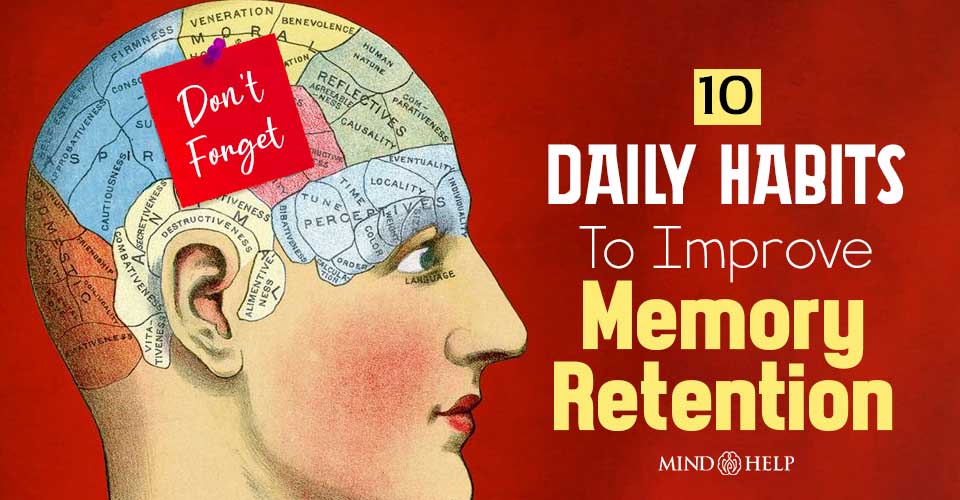



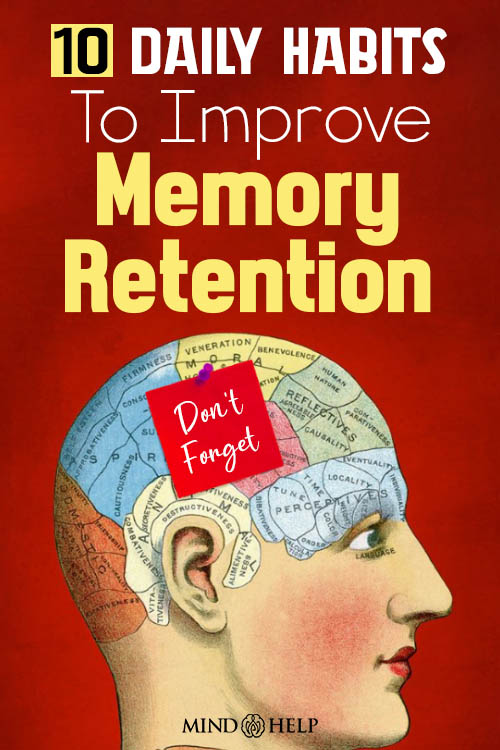

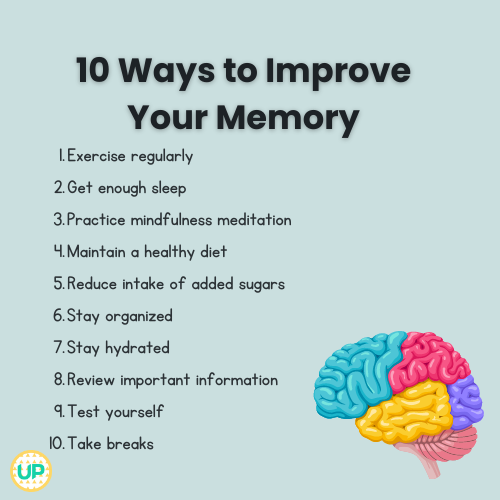.png?format=1000w)

